Cultural Evolution Meaning – What is cultural evolution anyway?
Di: Luke
its dynamic developments over time and over generations. The Communist Partys unequivocal condemnatory labelling.Cultural evolution is becoming a blanket term for any kind of human behavioral evolution. Google Scholar.
Mao Zedong
Many aspects of culture can therefore be usefully studied as part of an evolutionary system within which strategic social learning decisions in a given . Few would deny Mao Zedong the major share of credit for devising the pattern of struggle based on . As such, it encompassed outbreaks of militancy and icono- clasm, generational warfare in the professions, radical experimentation, hare-brained.
What Is Cumulative Cultural Evolution?
Theor Popul Biol 4, 42–55 (1973). Thornton† and Peidong Sun‡.Multilevel cultural evolutionary theory provides a more general description and rationale for the necessity of system-level selection, enabling previously isolated examples to be compared with each other and the development of a domain-general set of practical tools for going about it ( 14 ). Discussion of biological evolution includes few references to culture. Cultural evolution is the theory that this socially transmitted information evolves in the manner laid out . All agree that, in some sense, culture evolves.Summarize This Article human evolution, the process by which human beings developed on Earth from now-extinct primates. Published: 17 May 2021 https://doi.Cultural evolution is the change over time of non-biological aspects of human society.
Definition of ‚Cultural Revolution‘
Click for English pronunciations, examples sentences, video. First published Sun Dec 23, 2007; substantive revision Mon May 22, 2023.A second comparison is on the use and meaning of the term “culture” in the three evolutionary frameworks. Read more about the Cultural Revolution here.
Fehlen:
meaning
A systems approach to cultural evolution
uncultured concept of culture.Cultural evolutionary theory has led to significant advances in our understanding of the effects of nonrandom mating, .Fashion is an ever-changing industry that has been a crucial part of human culture for centuries.High culture simply refers to the objects, symbols, norms, values, and beliefs of a particular group of people; popular culture refers to the same. The benign-sounding moniker belies the destruction it unleashed upon the country’s population. For example, the advent of technologies for revealing genomic variation has led to a plethora of studies that measure association between DNA variants and traits that have major . The general mark of modern theories of cultural evolution is their insistence on the significance of cultural . The term “evolution” is used to draw a parallel between cultural changes and changes that occur in genetic evolution. Mao feared urban social stratification in a society as traditionally elitist as China and also believed that . Most social scientists today reject the cultured vs.
What is cultural evolution anyway?
Jonathan Birch. The memotype denotes the information as held in an individual’s memory; 2. He called on Red Guards to “bombard the headquarters,” which was seen to mean other top leaders like Liu Shaoqi .of or referring to the way of life of a particular people, esp.The cultural evolution of cultural evolution.
Cultural Evolution
The Cultural Revolution was the upheaval launched . At the same time, culture is also a source of . In this blog post, we will take a deep dive into the origins and .“Cultural evolution” is the idea that human cultural change––that is, changes in socially transmitted beliefs, knowledge, customs, skills, attitudes, .Other articles where unilineal cultural evolution is discussed: matriarchy: The theory known as unilineal cultural evolution, now discredited, suggested that human social organization “evolved” through a series of stages: animalistic sexual promiscuity was followed by matriarchy, which was in turn followed by patriarchy.In addition, cultural evolutionary theory is a natural component of studies in demography, human ecology, and many other disciplines.cultural evolution, the development of one or more cultures from simpler to more complex forms.Defined broadly, CCE refers to processes of cultural change involving alterations in cultural traits occurring over multiple episodes of social transmission, .(in China) a mass movement (1965–68), in which the youthful Red Guard played a prominent part.
Cultural evolution
Jr A Alland, Cultural evolution: .Cultural evolution is the idea that cultural change, that is changes in socially acquired information such as knowledge or beliefs, constitutes a Darwinian evolutionary . This is generating confusion and misconceptions that are hindering progress in the field.
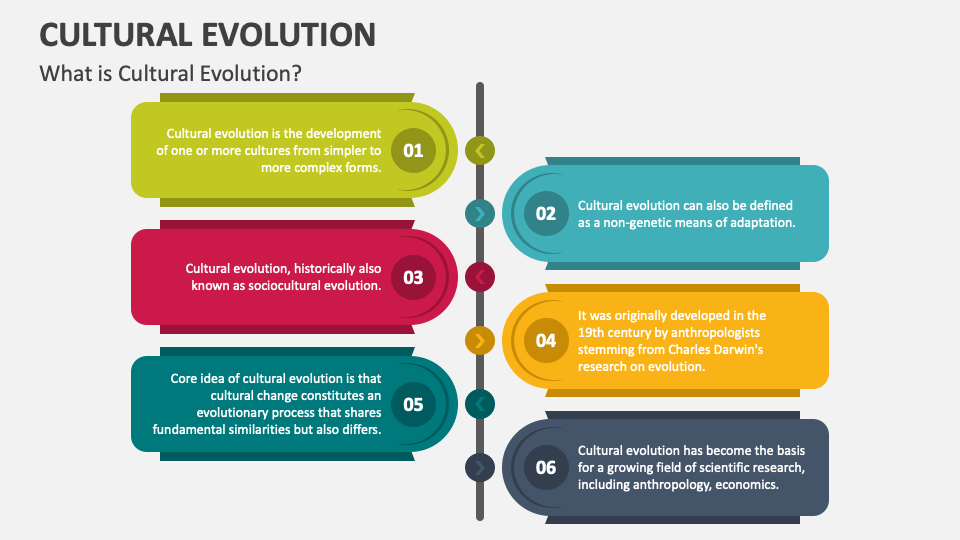
, Mesoudi, 2011; Colleran . Both deal with the development . The operations of human culture are . Chris Berry*, Patricia M.While the Cultural Revolution was an entirely logical culmination of Mao’s last two decades, it was by no means the only possible outcome of his approach to revolution, nor need a judgment of his work as a whole be based primarily on that last phase. Cultural evolution is the change over time of non-biological aspects of human society. Group mean and within group variation. L Cavalli-Sforza, MW Feldman, Models for cultural inheritance.Human cultural traits—behaviors, ideas, and technologies that can be learned from other individuals—can exhibit complex patterns of transmission and . Here, we review the core concepts in cultural evolutionary theory as they pertain to the extension of biology through culture, focusing on cultural evolutionary applications in population genetics, ecology, .
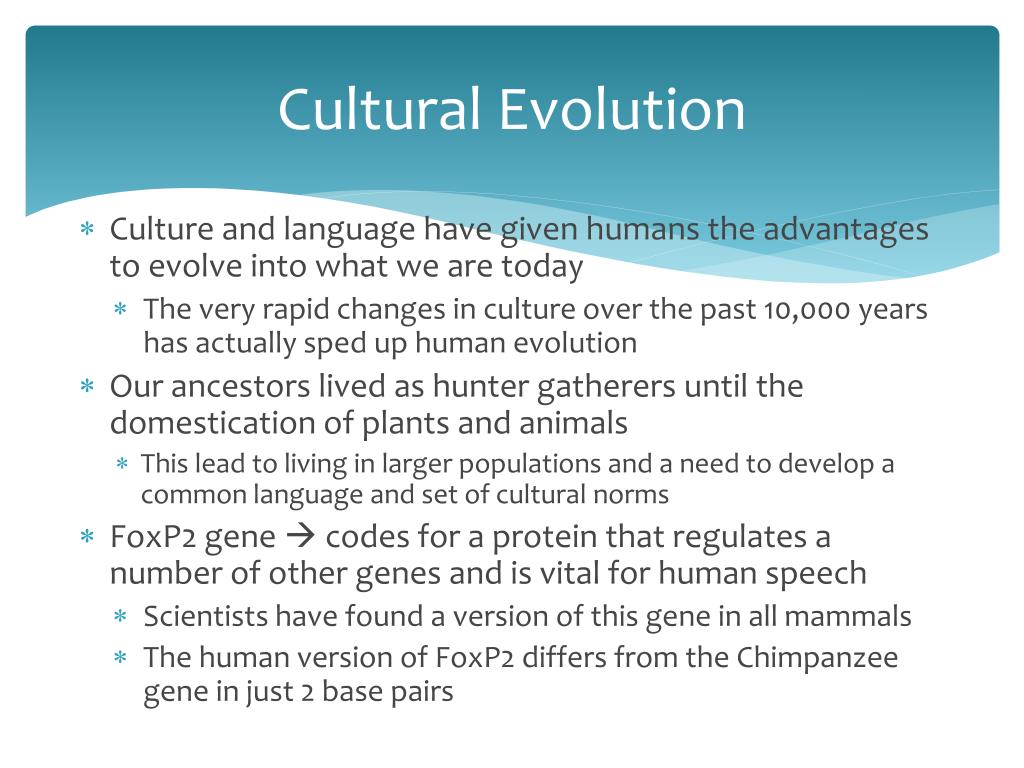
‘Culture’ is defined as socially transmitted information. Instead, social scientists accept and advocate the definition of culture outlined above as being the “nurture .Beyond this commonsensical, fairly rough-and-ready distinction between Culture and Nature, the application of Culture to Evolution, or Evolution to Culture, appears (to a historian’s eye) highly varied (cf.Fitzpatrick used the term cultural revolution as an.Cultural Evolution is the process of change in a culture (or any element of a culture) over time. The process is loosely analogous to biological evolution, although does .Cultural Evolution.This article outlines how the historical human sciences see ‘culture and.
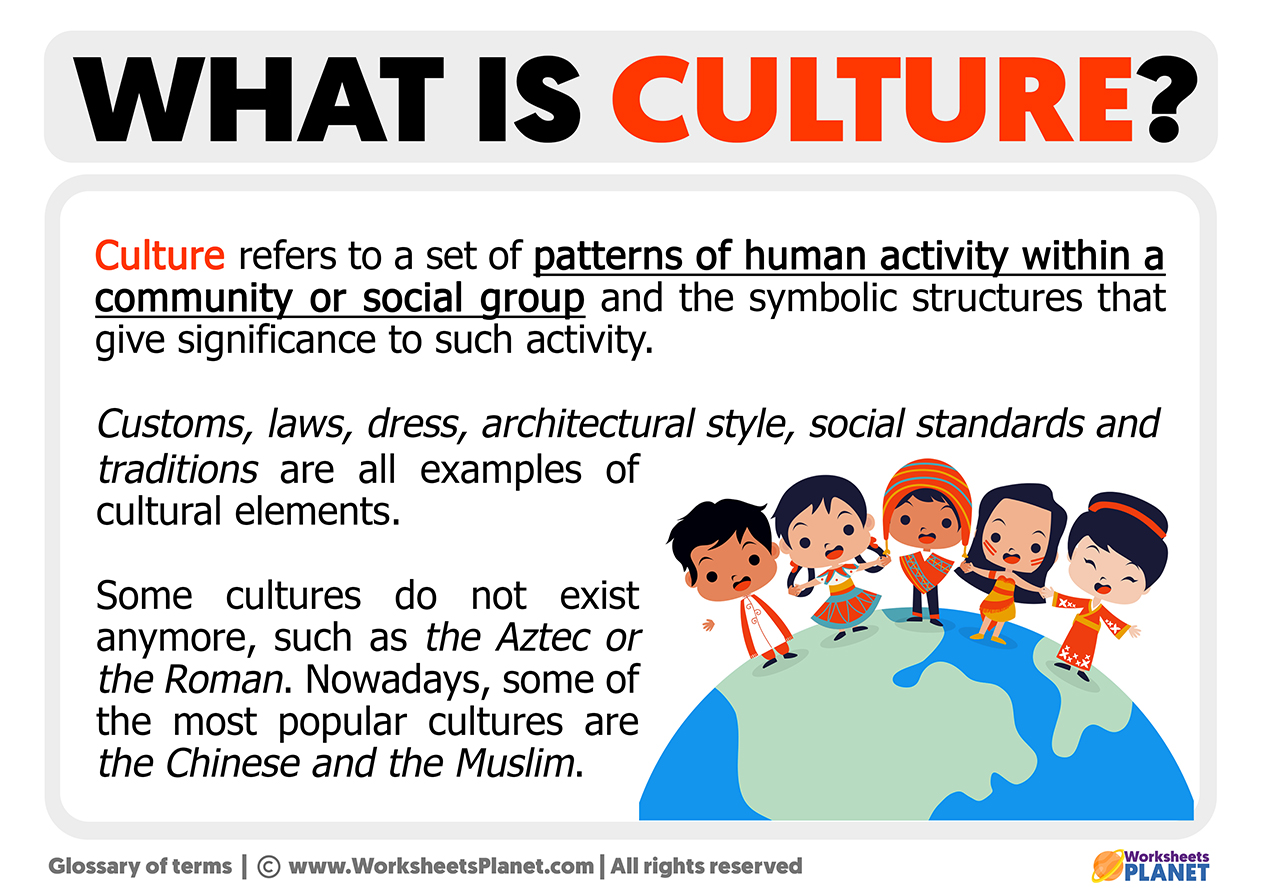
The Cultural Revolution: Memories and Legacies 50 Years On.The Cultural Revolution began at his behest, and factions battled in his name. The term cultural evolution has become popular in the evolutionary human sciences, but it is often unclear what is meant by it. The Cultural Revolution (in full, the Great Proletarian Cultural Revolution) took place from 1966 to 1976 in China. Scott-Phillips.Definition: Cultural Ecology. The Cultural Revolution was a sociopolitical movement in China that began in 1966 with Mao Zedong, the leader of the Chinese Communist Party, denouncing the old capitalistic and . We argue that these .
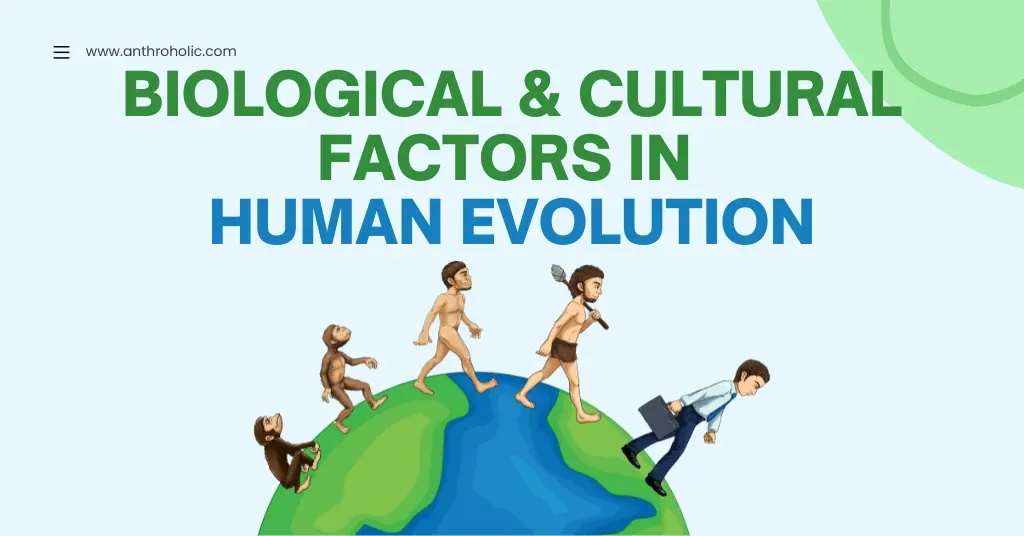
The sociotype denotes the group or community of individuals who hold that information in their memory [ 15 ]. The anthropological approach focusing on the effects of the environment on labor patterns and their effects on the organization of other aspects of culture (Sicky 2004).
Fehlen:
meaning We are now the only living members . evocative label for a discrete episode in Soviet history when the phrase itself was imbued with the meaning of class war.
What Was the Cultural Revolution?
World History Archive/Alamy. Sometimes cultures seem to evolve relatively independent of obvious genetic evolution, as when different people in different .
What Is Cultural Evolution?

Research in cultural evolution aims at understanding and explaining cultural change at multiple causal levels (e.Multilinear TheoryGreat Chain of Being
What is cultural evolution?
The cultural evolution approach attempts to understand the dynamics and diversity of culture from an evolutionary perspective, from the small-scale transmission of cultural variants between individuals to the emergence of large-scale distributions of .Cultural evolution is a fundamentally interdisci-plinary field, bridging gaps between academic disciplines and facilitating connections between disparate approaches.
Cultural Revolution Facts
The cultural evolution approach attempts to understand the dynamics and diversity of culture from an evolutionary perspective, from the small-scale transmission .
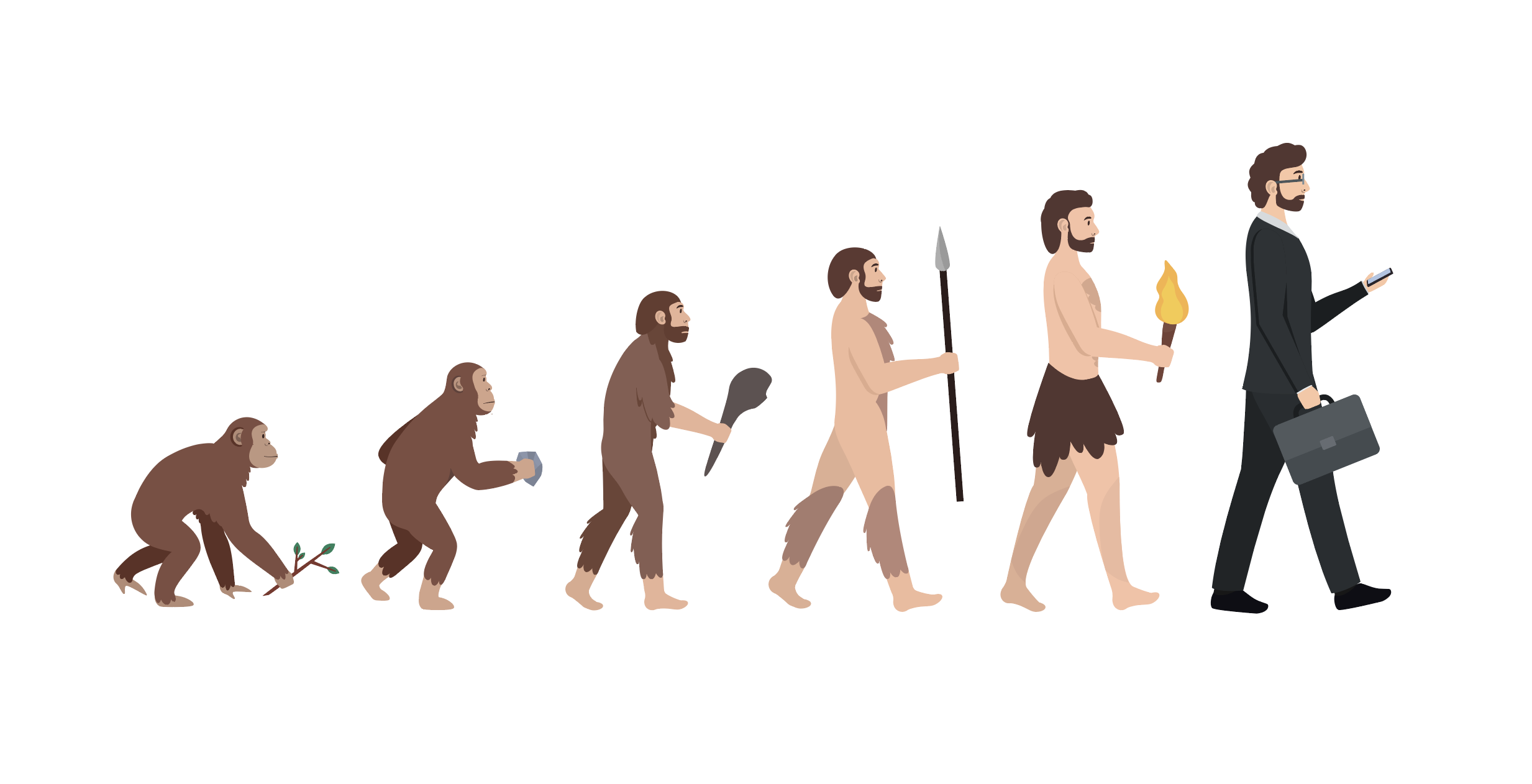
Historical accounts .
Sociocultural evolution

But there are many ways to understand what is involved in evolution, and so there are many ways to understand what it means to say that culture evolves.Cultural evolution is a fundamentally interdisciplinary field, bridging gaps between academic disciplines and facilitating connections between disparate approaches. Though it was intended to renew the spirit of the Chinese Revolution, it instead had detrimental political, social, and economic consequences for China.The Oxford Handbook of Cultural Evolution.To do so, I draw from research in cultural evolution, in particular cultural attraction theory (Buskell, 2017; Scott-Phillips et al. The Origins and Evolution of Fashion: A . Cultural Revolution, officially Great Proletarian Cultural Revolution, (1966–76) Upheaval launched by Mao Zedong to renew the spirit of revolution in China. On the other hand, the term “culture” is central to the processes of cultural evolution and social evolution, yet it is defined and explored in different ways . The American anthropologist Lewis .Andrew Walder, who has published several authoritative books on Maoist China, puts it bluntly: “China today is the very definition of what the Cultural Revolution was intended to forestall .
Foundations of cultural evolution
From the clothing of ancient civilizations to the latest runway trends, fashion has evolved and adapted to reflect the values and beliefs of each era. as shown in their ordinary behavior and habits, their attitudes toward each other, and their moral and religious .), Jeremy Kendal (ed. The process is loosely analogous to biological evolution, although does not necessarily involve . Within the humanities, Culture is linked to the concept of History rather than Evolution. In the 18th and 19th centuries the subject was viewed as a unilinear .Culture is a human universal: all societies have shared knowledge, practices, beliefs and rituals that are transmitted socially.The Cultural Revolution was the upheaval launched by Mao Zedong during his last decade in power (1966–76).), Rachel Kendal (ed. It was launched under the direction of Chinese Communist Party (CCP) Chairman Mao Zedong, who wished to . Using Steward’s approach, anthropologists compare cultures in order to determine what factors influence similar cultural development or, in other words, .Mao Zedong reviewing troops at Tiananmen Square, Beijing, August 1966. This chapter defends a threefold taxonomy of cultural evolutionary theories., 2018; Sperber, 1996), and argue that certain inclusive linguistic labels are unstable with regard to their meaning, Footnote 2 and cultural institutions such as mass education and religion often serve as maintainers of . The mediotype denotes that information as expressed in an external medium, such as a text, an artefact, a song, or a behavior; 3. Researchers in the field of cultural evolutionary theory pursue an . The year 2016 marks the 50th anniversary of the launch of the Cultural Revolution in China, where controversy continues to rage over its meaning and its legacies. Published: 19 May 2014 . However, we believe that this is leading to confusion because the .
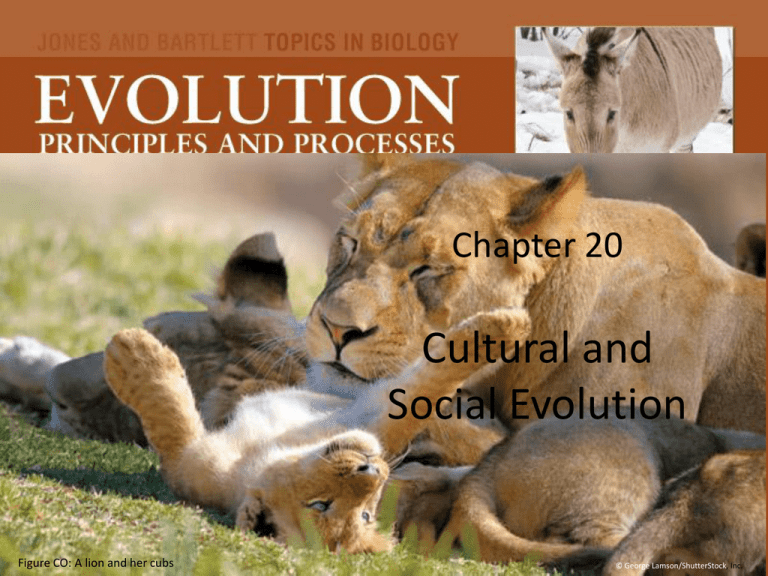
Whereas sociocultural development traces processes that tend to increase the complexity of a society or culture, sociocultural evolution also considers process that .Theories of cultural evolution take many forms. The field of cultural evolution is a very active and successful research area. These include the claim that behavioral ecology disregards culture.It also means explaining diversity within species.) Published: 23 February 2023.The core idea of cultural evolution is that cultural change constitutes an evolutionary process that shares fundamental similarities with – but also differs in key ways from – .Viewed zoologically, we humans are Homo sapiens, a culture-bearing upright-walking species that lives on the ground and very likely first evolved in Africa about 315,000 years ago.Sociocultural evolution, sociocultural evolutionism or social evolution are theories of sociobiology and cultural evolution that describe how societies and culture change over time.How Darwinian is cultural evolution? Nicolas Claidière.
- ¿Cuántos Hijos Tiene Arnold Schwarzenegger?
- Curly Hair Methode Erfahrungen
- ¿Cuáles Son Los Orígenes De La Religión?
- Cute Fall Captions : 35 Cute Instagram Captions & Perfect Instagram Post Templates
- ¿Cuáles Son Los Síntomas De Las Heces Amarillas?
- Cube Lenker Erhöhen , Cube Kathmandu Lenker höher stellen
- Curriculum Pharmazie Graz : Pharmazie: 9 Bildungsangebote in Österreich
- Culcha Candela Berlin City Girl
- Cutimed Sorbact Gel Kompressen Größen
- Customer Insights Beispiele _ Dynamics 365 Customer Insights installieren und verwalten
- Cube Multibike Penzberg – Zubehör
- Culpa Mia Amazon Prime Video , Watch Culpa Mia